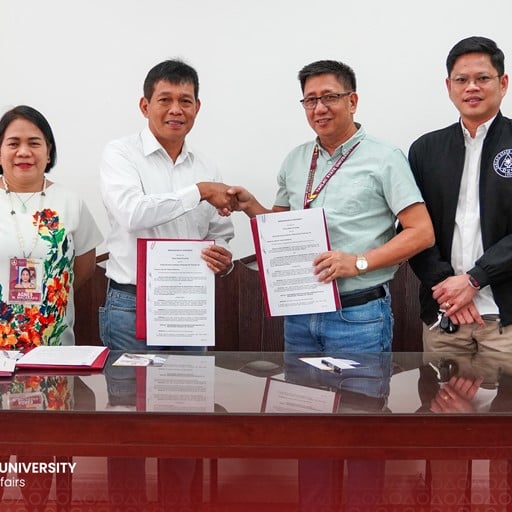
Contact Information
Email Address/es
Phone Number/s
(045) 606-8122
ESTABLISHEMENT OF THE TARLAC STATE UNIVERSITY INTERNAL AUDIT SERVICE (TSUIAS)
The TSUIAS was created on February 13, 1995 through Administrative Order no. 11, s. 1995 entitled “Creation of an Internal Audit Service (IAS) tasked to promote efficiency, economy, effectiveness and accountability in the operations of the University”.
On July 16, 2015, TSU Administrative Order no. 52, s. 2015 entitled “Functions of the Internal Audit Service” was issued to align the functions of TSUIAS with Philippine Government Internal Auditing Manual.
Finally, TSU Administrative Order no. 62, s. 2019 entitled “New Functions of the Tarlac State University Internal Audit Service” was issued to align its functions to Commission on Audit Resolution no. 2018-007 dated February 1, 2018 which approves the adoption of Internal Auditing Standards for the Philippine Public Sector (IASPPS) with Philippine Application Guidelines (PAG).
PURPOSE
Legal Bases
The establishment of the IAS is mandated by Republic Act No. 3456, as amended by Republic Act 4177, and, Administrative Order Numbers 278 and 70, dated April 28, 1992 and April 14, 2003, respectively. Its creation is likewise supported by circulars issued by other government agencies such as the Commission on Audit, Department of Budget and Management and Civil Service Commission.
Mission
TSUIAS shall provide independent and objective assurance and advisory services to Tarlac State University for the purpose of adding value and helping it achieve its vision through a systematic and disciplined approach of evaluating and improving the effectiveness of its governance, risk management and control processes.
Scope of Work
The TSUIAS undertakes assurance and advisory services to assist Tarlac State University stakeholders in realizing the university’s vision, mission and goal. It is for this purpose that it shall conduct periodic and regular assessments and evaluations of systems and processes of all offices, colleges and units via a risk-based and methodical approach. It shall likewise conduct activities aimed at improving the governance, risk management and control processes of the University. Further, it shall perform other special audit activities which may be required by the Head of the Agency which are within the scope of this Charter and within the bounds of IASPPS.
Assurance Services
Assurance services involves the objective examination of evidences relative to the engagement for the purpose of providing an independent assessment of governance, risk management and control processes of the University’s. Results are intended to add value and provide reasonable assurance that governance, risk management and control processes are being carried out efficiently and effectively by its colleges, offices and units. The nature and scope of such engagement shall be determined by the Internal Audit Service.
Advisory Services
This involves the issuance of advisory opinions intended to add value and improve client’s governance, risk management and control processes. Advisory services are based on data and/or information provided by the auditee. The adoption or implementation of advisory opinion whether in whole or in part shall be the discretion of the University and not the Internal Audit Service where it does not assume any responsibility. The Internal Audit Service may issue a subsequent advisory, as addendum to a previous issuance, whenever necessary, proper, or called for by circumstances. The nature and scope of an advisory service shall be limited to those agreed upon by the client and the Internal Audit Service.
AUTHORITY
In the performance of its functions, the Internal Audit Service is authorized to:
Other actions which are not covered by the foregoing authorities granted by this Charter require the approval of the University President prior to execution.
ORGANIZATION AND REPORTING STRUCTURE
Organization
The TSUIAS is headed by a Director, whose appointment/designation shall be approved by the TSU Board of Regents, upon recommendation of the University President who shall be responsible for over-all internal auditing activities, professional development and conduct of its personnel, and quality assurance and improvement of the Office. The Director of the IAS functionally and administratively reports to the University President.
The IAS is divided into two (2) units namely the Operations Audit Unit, and the Management Audit and Compliance Unit.
Functions
TSU Administrative Order no. 62, s. 2019 states the following functions of the Tarlac State University Internal Audit Service:
INDEPENDENCE AND OBJECTIVITY
To achieve independence and objectivity, the TSUIAS shall be detached from all functions of routine operating processes such as: